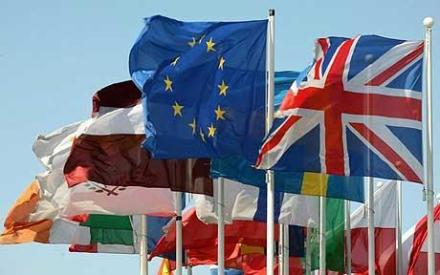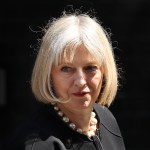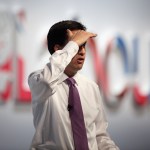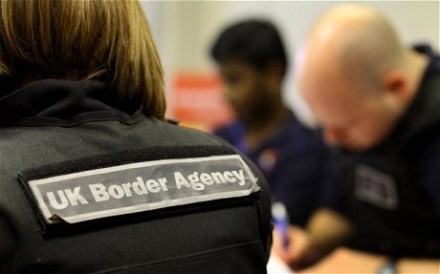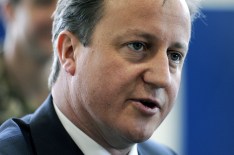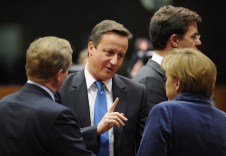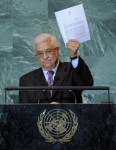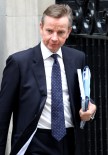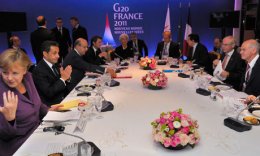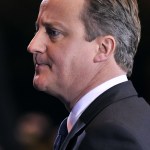After the EU
If the EU comes crashing down as a result of the Euro crisis, one thing is certain: the UK will be at the forefront of re-creating the bloc. Not exactly the way it is now, but not a totally different entity either. The reasons for this are three-fold, simple and are about Britain’s interests. First, Britain derives benefits from being part of, and determining the rules for, the world’s largest market. When the world is entering a “no-Doha” future, where pressure for protectionism will rise, there is no substitute for access to a relatively open market of some 400 million people. Neither transatlantic trade, commerce with the Commonwealth or links
